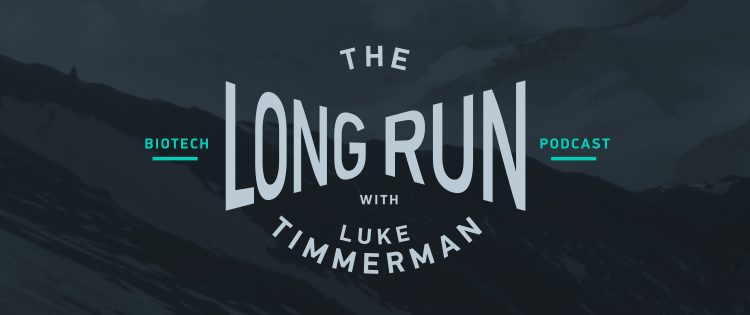Get In-depth Biotech Coverage with Timmerman Report.
26
Mar
2019
Life of a Scientific Entrepreneur: Bob Langer of MIT on The Long Run
Please subscribe and tell your friends why it’s worthwhile. Quality journalism costs money. When you subscribe to Timmerman Report at $169 per year, you reward quality independent biotech reporting, and encourage more.







